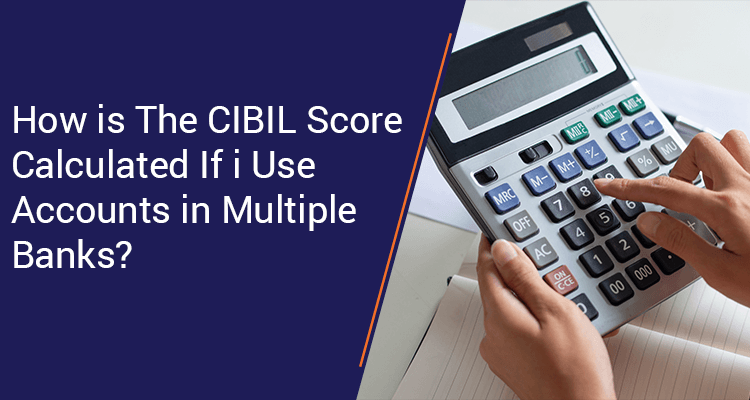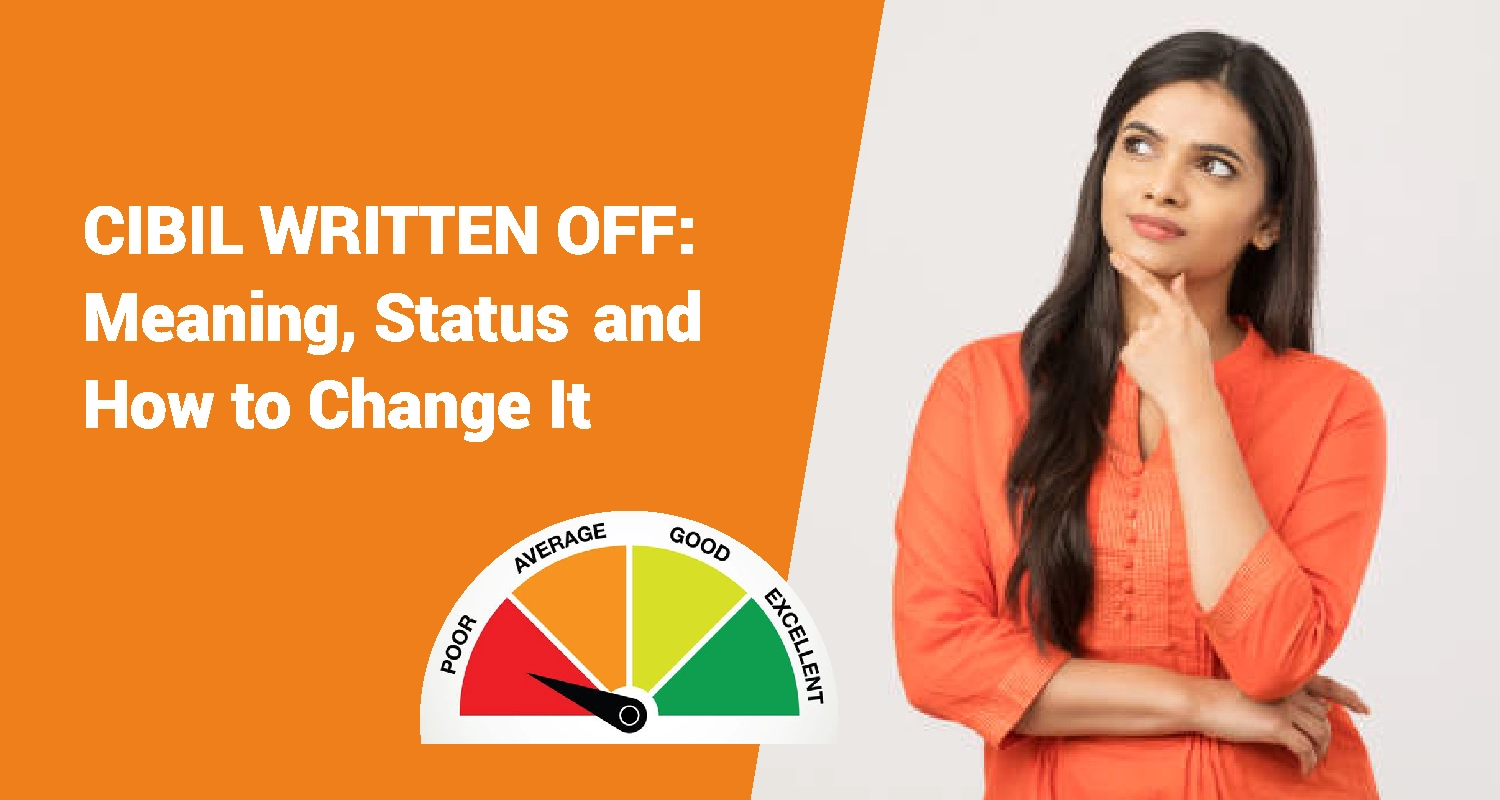How Is The CIBIL Score Calculated If I Use Accounts In Multiple Banks?
Table of Contents
A savings account, current account, account for daily expenses, account for loans–there’s no end to the number of accounts you can open. With so many accounts it might seem impossible to track the credit history and the CIBIL score. But what is a CIBIL score and how is it calculated if I use accounts in multiple banks?
What Is A CIBIL Score?
A CIBIL score is a three-digit number that depicts the creditworthiness of an individual. This number is vital when you visit any financial institution to apply for a loan. Lenders consider a CIBIL score to evaluate the probability of the borrower defaulting.
How Is My CIBIL Score Calculated If I Use Multiple Bank Accounts?
Now, what is CIBIL score would be and how is it calculated? It is noteworthy that the CIBIL scores are not directly tied to bank accounts. Your credit score is based on your credit report data. Thus, regular banking activities have little effect on your credit score. A credit report doesn't record information about your banking transactions in the same way it records information about your credit cards, student loans, mortgages, and other debts.
A credit score calculation includes the following factors.
| Factor | Weightage |
|---|---|
| Credit repayment history | 35.00% |
| Loan amount the borrower owes | 30.00% |
| Years of debt servicing | 15.00% |
| Total number of availed loans | 10.00% |
| Credit mix | 10.00% |
How To Maintain A Healthy CIBIL Score On Your Credits?
Having multiple credit accounts doesn't affect your CIBIL score, but a lack of discipline in paying off your debt does. Maintaining a good CIBIL score can be challenging if you have multiple credit accounts. But, with the following things in mind, it’s not impossible.
• Make Timely Payments:
Clear your dues on time to avoid getting your name in the defaulter’s list. Do everything in your capacity to never miss an EMI or full payment of credit cards.
Get Gold Loan at the comfort of your home
Apply Now• Avoid Multiple Applications Simultaneously:
Multiple prospective credit/credit card applications from banks and non-bank financial institutions create a negative impression on your creditworthiness and increase the chances of your loan rejection. It will affect your CIBIL score.
• Keep The Application Frequency Low:
Applying for loans frequently within a short period is a sign of credit hungriness. Place them appropriately so as not to reflect your desperation to get a loan immediately.
• Keep Reviewing Your Score:
Review your CIBIL report to check your score before applying for a credit card or loan. Thoroughly review your transaction list to ensure there are no incorrect dates, repetitions, omissions, or fraudulent transactions. These inaccuracies affect your CIBIL score and increase your chances of rejection of your loan or credit card application at no risk to you.
Avail Of A Loan With IIFL Finance
IIFL Finance is one of the leading loan providers in the country. You can avail of quick loans with small financial requirements with minimum eligibility criteria. We provide competitive interest rates and favourable loan terms. Check the rates at your nearest IIFL Finance branch or explore online. Apply for a loan with IIFL Finance today!
Frequently Asked Questions
Q.1: What is a CIBIL score, and how is it calculated?
Ans: A CIBIL score is a three-digit number that depicts the creditworthiness of an individual. It considers various parameters like debt repayment history, timeliness of debt repayments, frequency of loan and credit card applications and rejections, number of existing loans and credit cards, etc.
Q.2: Do multiple bank accounts affect my CIBIL score?
Ans: Generally, CIBIL scores do not relate to bank accounts. Your credit report data determines your credit score. Thus, normal banking activities have little effect on your credit score.
Sapna aapka. Business Loan Humara.
Apply NowDisclaimer : The information in this blog is for general purposes only and may change without notice. It does not constitute legal, tax, or financial advice. Readers should seek professional guidance and make decisions at their own discretion. IIFL Finance is not liable for any reliance on this content. Read more




